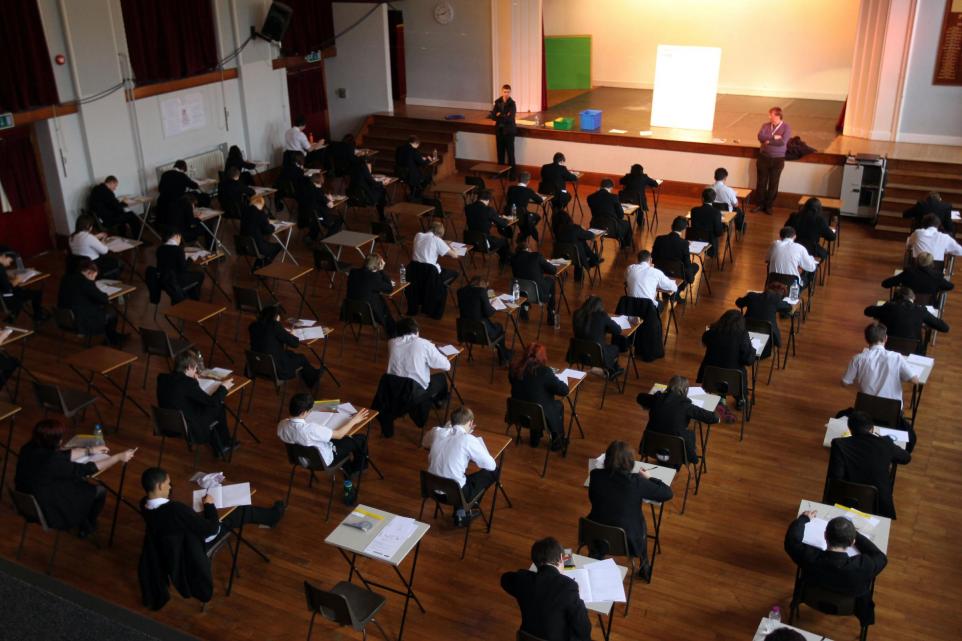Scotland wasn’t a nation bursting with national pride back in the 1980s, with the pits and shipyards closing, and political discontent rife, but we knew one thing: our education system was world class.
Scotland’s superior educational status was casually asserted and rarely challenged, because it was felt to be true. It arose partly from historical myth-making about Scotland’s supposedly more democratic and egalitarian system, which was overstated, but it wasn’t all wishful thinking.
We did have many prestigious higher education institutions for the size of our population (still do). Pursuing equality through education was a deeply embedded principle. And we did have a respected exam system, Highers, that allowed pupils to retain a broad sweep of subjects right up to the end of school.
Scotland’s educational prowess was something we projected beyond our borders. At a time when Scotland’s nationhood was suppressed, it was part of our soft power and has remained so right up until the 21st century.
But can that still be said to hold true?
Next month, the latest Programme for International Student Assessment (PISA) figures will be published. Involving 90 countries, this respected series of tests is designed to measure 15-year-olds’ ability to use their reading, science and maths knowledge to meet real-life challenges.


